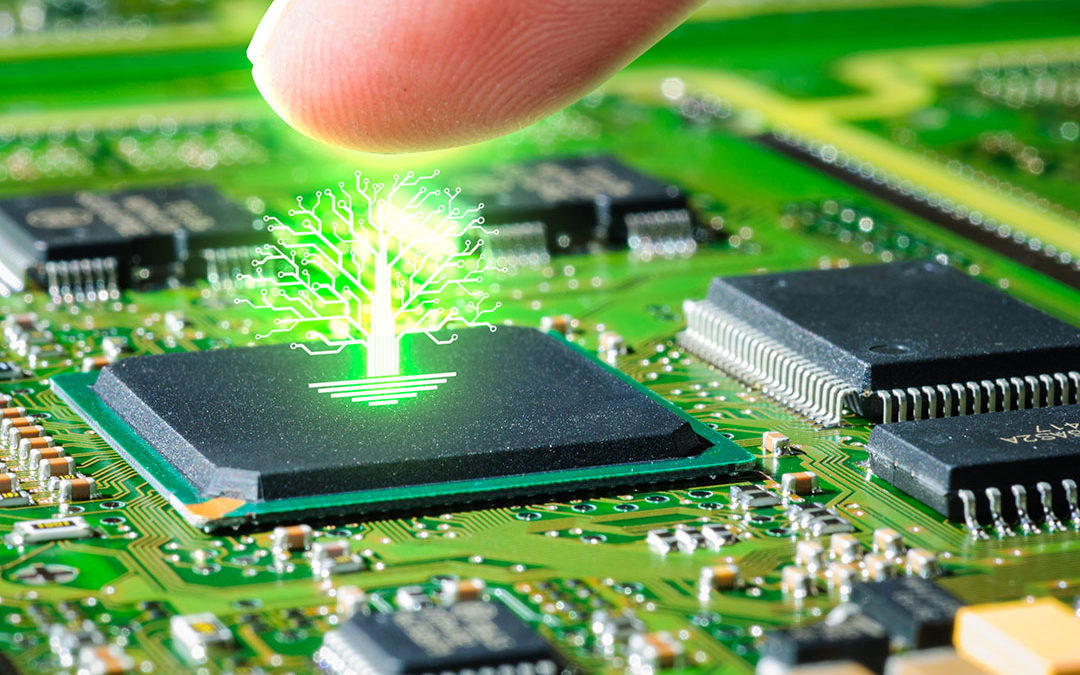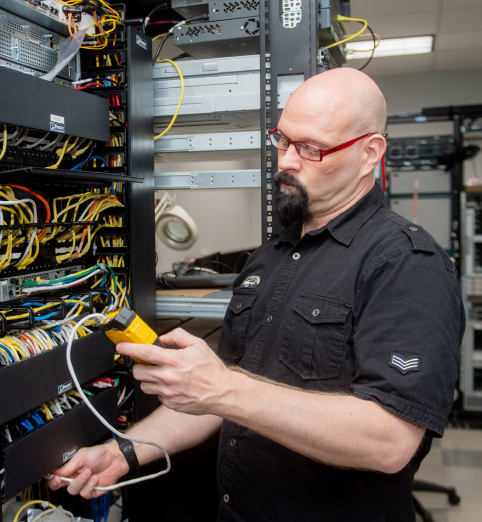Even though workload across data centers globally has increased six times since 2010, thanks to better and more efficient hardware, our overall energy consumption hasn’t increased that much. But as advancements are made in “smarter,” AI-powered technology and as well as other data-hungry innovations that seek to improve our personal and professional lives, data center operators will need to become savvier about energy consumption. One exciting new advancement to watch in this area is smart grid-ready UPS (Uninterruptible Power Supply).
What makes the smart grid-ready UPS different is that it’s able to intelligently interact directly with the electric grid. This makes powering a data center a “two-way conversation,” between the data center and the power grid, providing the data center with the ability to modulate demand and consumption based on actual need. As a result, UPS systems would be able to serve not only as backup power sources, but also as a means to deliver more stable, sustainable, and efficient power flow across not only a single data center, but potentially across the entire grid.
You can read up on smart grid-ready UPS advancements HERE.
We’ve made strides toward smart grid-ready UPS becoming a reality through things like creating more efficient and affordable batteries (thanks, Elon). But the world energy market also needs to catch up with the times. They’ll need to support greater access to renewable energy and smarter technology that allow for more customization for individualized load management. And those kinds of regulations and system upgrades are still a ways out.
As we eagerly await the possibilities of smart-grid ready UPS technology, there are still things you can do today to reduce your data center’s overall energy consumption, particularly when it comes to managing your existing IT assets—like making sure your existing hardware is operating optimally, retiring or redistributing equipment that’s past its prime, and making timely system upgrades.
Ready to refresh your IT Asset Management plan? Contact us, and one of our engineers will reach out to schedule a call.



